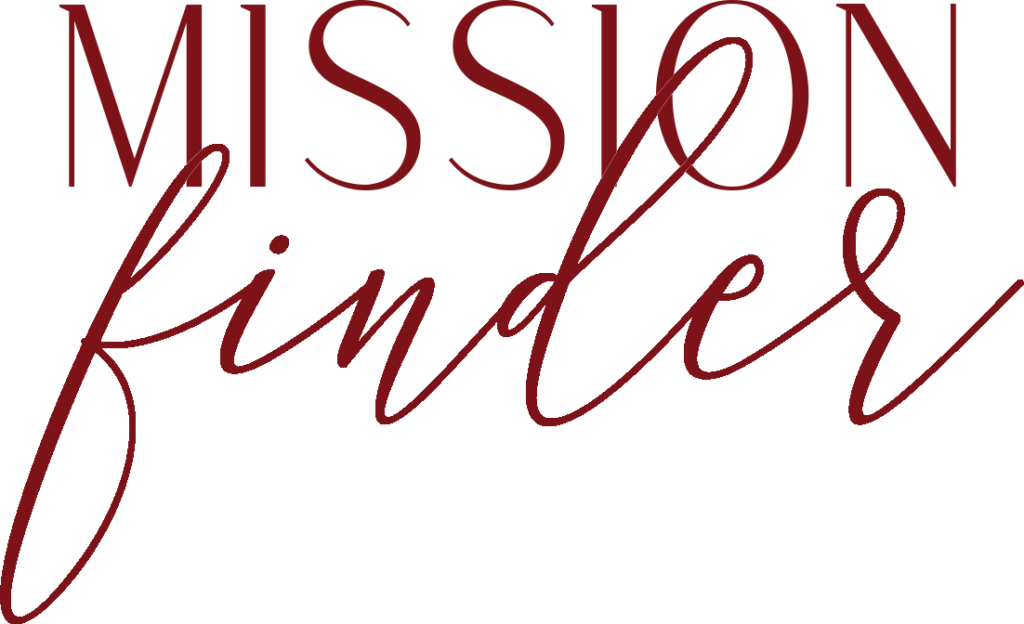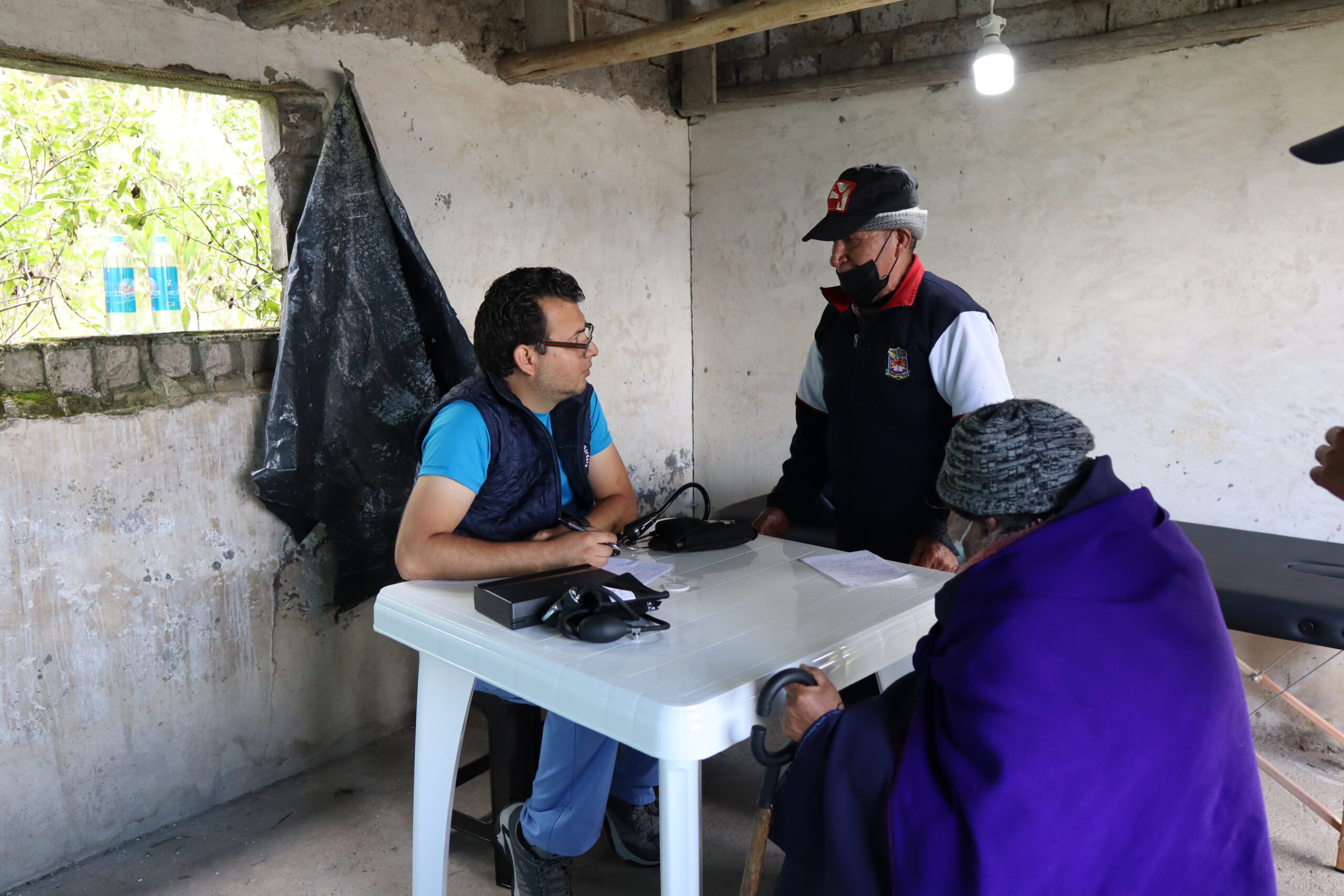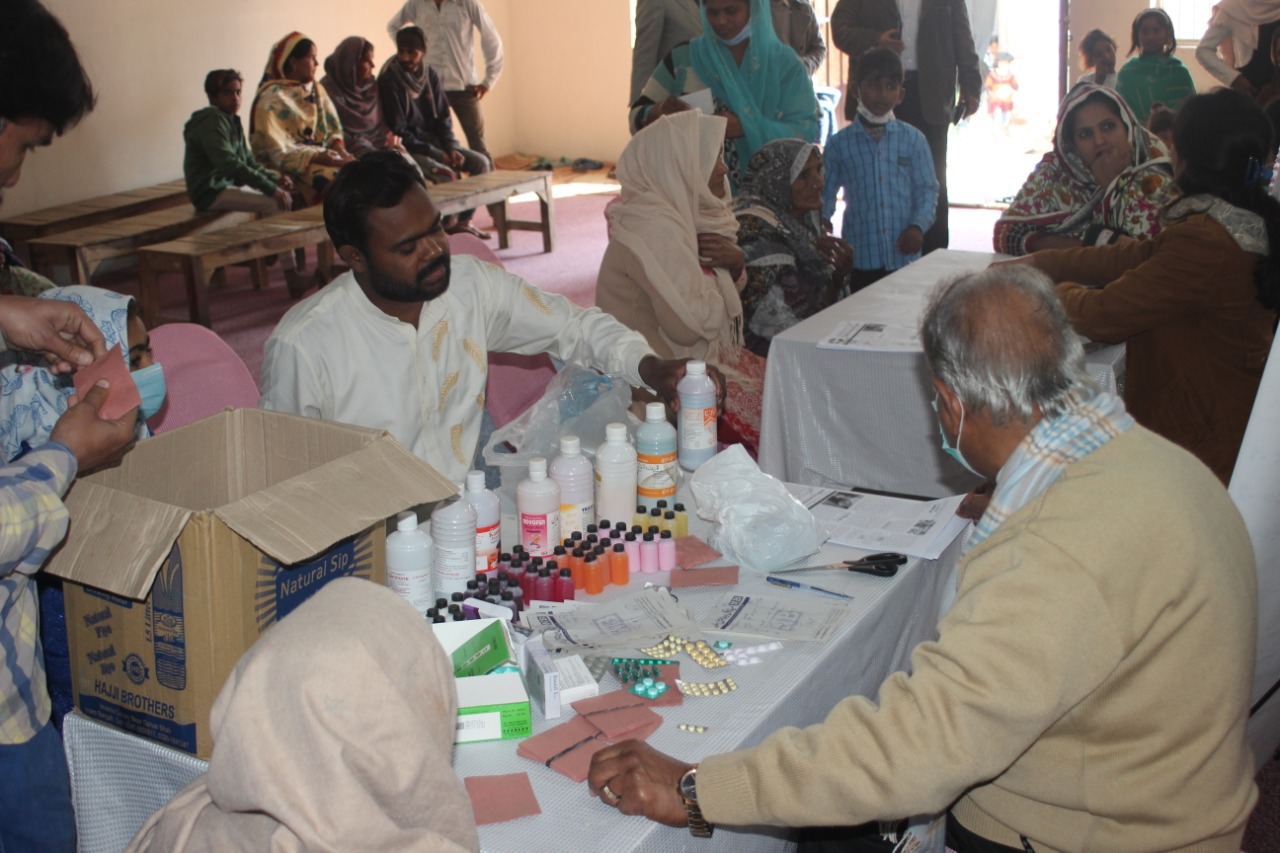The clinical sites where Mission University students and professionals complete their clinical rotations range from inner-city orphanages and homeless to rural primary health clinics in multiple countries across 6 continents, including US-based locations. Typical diagnoses of the populations we address include illnesses due to poverty: tuberculosis, chronic diarrhea, malnutrition, parasitosis, and chronic respiratory diseases. Small groups of 12-15 students complete 40 hours per week of field-based clinical, experiential learning through a combination of assessments, referrals, and education to underserved inner-city and rural health populations.
The rotations include:
-Global Humanitarian/Public Health emphasis
-Comprehensive inner city and rural community patient care focus in outpatient, community, and primary care clinical settings with daily pre-and-post clinical briefings,
-Two experienced and credentialed faculty to oversee academic program quality,
-Direct collaboration with an interdisciplinary clinical team and international nonprofit organizations,
-Student safety briefings leading up to and during program, and
Our students learn and serve alongside experienced medical professionals, collegiate faculty, public health leaders, college administrators, and other certification program participants around the world in diverse settings while gaining valuable, global experience and serving the needs of disadvantaged populations. Clinical rotations are tailored to the student's desired focus area(s) to meet the course objectives for their major representing an area of great need. This journey will undoubtedly transform your life forever, improve the lives of underserved populations, as well as help to further yourself both personally and professionally. Whether you are currently a working professional or still in school seeking a degree, you can earn valuable credits toward graduation while gaining skills that enhance your future employability with a broad range of experiences.


